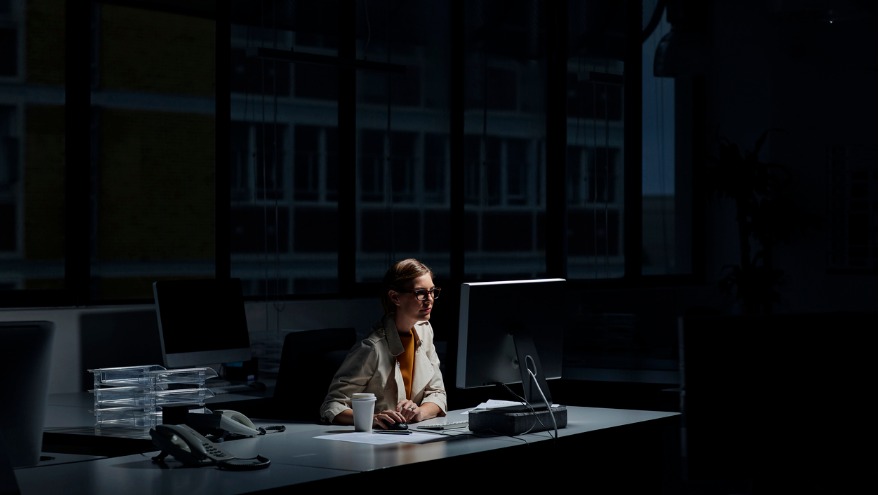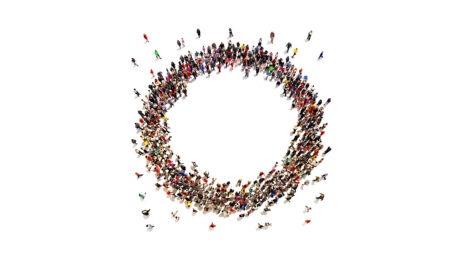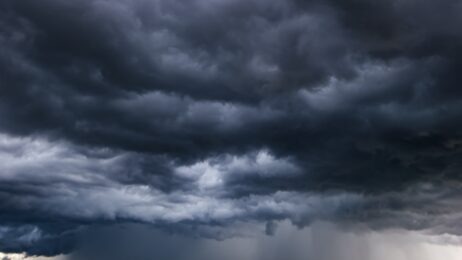Meeting professionals are focusing on minimizing the spread of COVID-19 either by rebooking meetings or putting physical distancing measures in place at the events they are attending—both of which can be distracting. That makes this a good a time to revisit the overall topic of concentration.
So, what is it, exactly? Concentration is the ability to focus attention voluntarily, to ignore irrelevant stimuli, and to fix power and effort to a single goal. Concentration is a time management tool that you can increase through practice. It will increase your productivity at work and at home, as well.
More: 10 Daily Habits to Increase Productivity
Take Control Starting Now
When working in the era of uncertainty meeting professionals face today, if you’re looking for reasons not to get a task done or not to concentrate on a task, plenty exist. Distractions abound. In fact, anything can become a distraction to your concentration if you allow it to interfere. Distractions dissipate your energy level and reduce your productivity with a resulting increase in your level of stress. To increase your power of concentration, eliminate outside distractions!
More: Free Meditation Apps for Event Planners on the Go
You’re in charge, not those who otherwise fritter away your time. Taking control of your environment increases your confidence and enhances your productivity.
One meeting manager was so bothered with constant phone calls that she recorded a voice mail message telling callers that she’d handle return calls between 3 and 5 P.M. This was the time of day that she felt least able to concentrate on planning and oversight duties, and most comfortable talking to people.
Her powers of concentration and productivity rose dramatically over three weeks. Many callers readjusted their schedules to accommodate hers. As long as you have some time each day set aside for answering telephone calls, you’ll be working at optimal efficiency.
A key advantage to answering telephone calls later is that you have time to arrange the information you might need for the call. Have the appropriate folder on your desk or the right file on screen when you return a call.
Plan Ahead
Surely, stretches occur throughout the day and week where it’s not mandatory for you to be on the phone. If most of your messages originate from a central source, such as an executive assistant, instruct that person as to when it’s okay for you to be contacted and when it’s best to send messages later. You can use a leveling system for messages such as:
Level 1 Contact me now
Level 2 Contact within X hours
Level 3 Contact me sometime today
Level 4 No need to contact me at all
To make this system work, decide in advance precisely what constitutes Level 1 so that Level 1 summoning of you is, indeed, rare. These would be dire emergencies where your input is absolutely essential.
Then enjoy the gift of concentrated focus that controlled environment gives you to actually get important project checked off your list.
Jeff Davidson is “The Work-Life Balance Expert®” and a thought leader on work-life balance issues. He is the author of 65 books, including Breathing Space, Dial it Down, Live it Up, Simpler Living, 60 Second Innovator and 60 Second Organizer.




